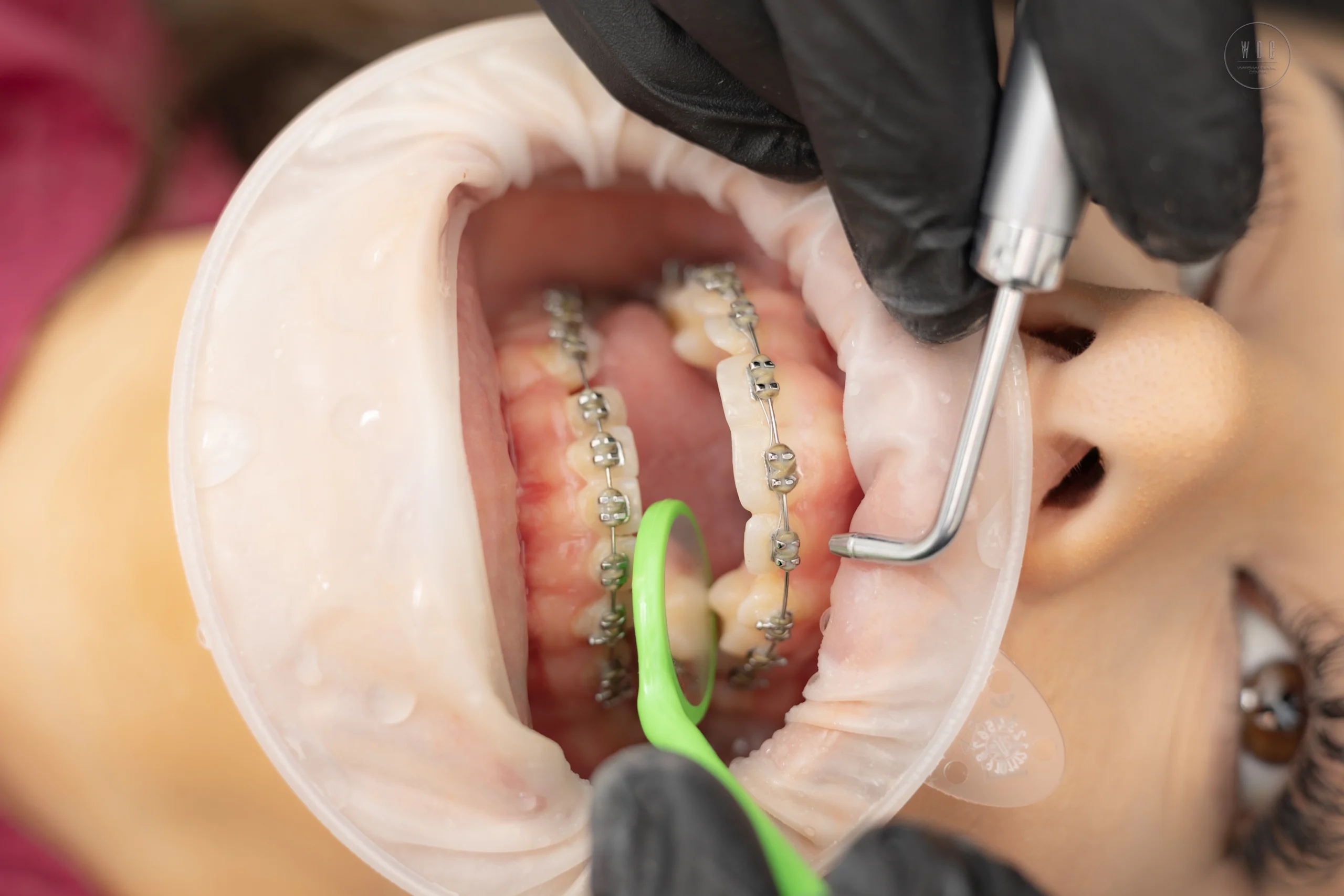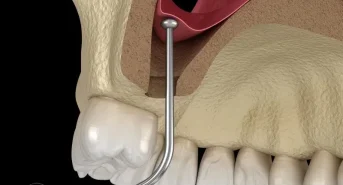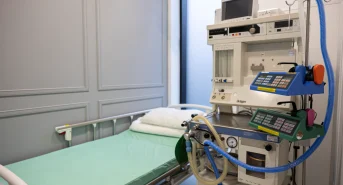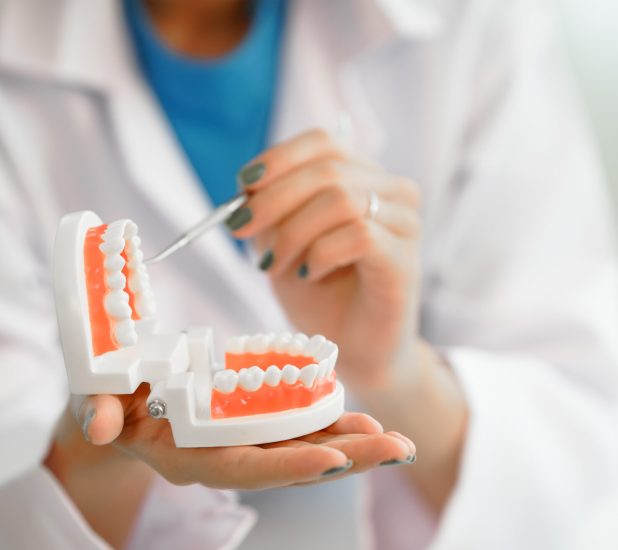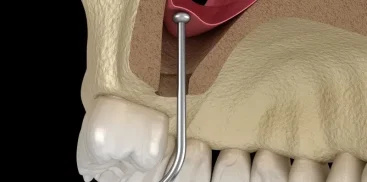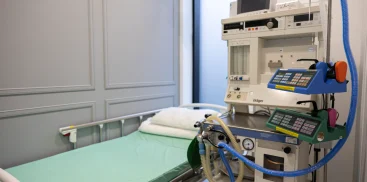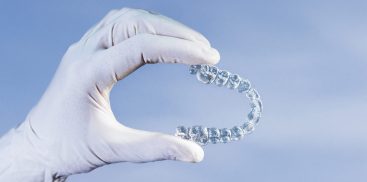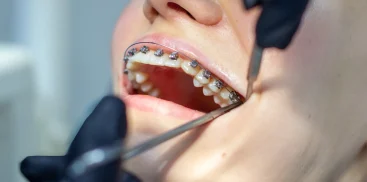W dzisiejszym wpisie przyjrzymy się bruksizmowi, problemowi, który dotyka wielu ludzi na całym świecie. Jest to problem stomatologiczny, który może prowadzić do wielu konsekwencji zdrowotnych, dlatego warto dowiedzieć się więcej na jego temat.
1. Co to jest bruksizm?
Bruksizm, powszechnie znany jako zgrzytanie zębami, to nawykowe szczerzenie i ścieranie zębów, które występuje najczęściej podczas snu, ale może również mieć miejsce w ciągu dnia.
2.Jakie są objawy bruksizmu?
Do najczęstszych objawów bruksizmu należą: szorstkie dźwięki zębów w nocy, ból szczęki, zgrzytanie zębów, nadwrażliwość zębów, ból głowy, a także uszkodzenia zębów, które możemy zauważyć u dentysty.
3.Jakie są przyczyny bruksizmu?
Przyczyny bruksizmu mogą być różnorodne, ale najczęściej związane są ze stresem, nieprawidłowym zgryzem, napięciem mięśni szczęki, a nawet reakcjami na niektóre leki.
4.Czy bruksizm jest groźny dla zdrowia?
Bruksizm może prowadzić do różnych problemów zdrowotnych, w tym do poważnych uszkodzeń zębów, bólu głowy, a nawet do zaburzeń snu.
5.Czy bruksizm może prowadzić do uszkodzenia zębów?
Tak, ciągłe ścieranie i zgrzytanie zębami może powodować uszkodzenia szkliwa, nadwrażliwość zębów, a w skrajnych przypadkach nawet łamanie zębów.
6.Jakie są sposoby diagnozowania bruksizmu?
Diagnoza bruksizmu jest zazwyczaj stawiana przez dentystę lub stomatologa na podstawie badania jamy ustnej oraz przeprowadzenia wywiadu z pacjentem.
7.Czy bruksizm jest dziedziczny?
Badania wskazują, że bruksizm może mieć podłoże genetyczne i występować w rodzinach.
8.Jakie są możliwe sposoby leczenia bruksizmu?
Leczenie bruksizmu może obejmować noszenie specjalnych ochraniaczy na zęby w nocy, terapię behawioralną, fizjoterapię, a w niektórych przypadkach leki uspokajające.
9.Czy istnieją metody łagodzenia objawów bruksizmu w domu?
Tak, istnieje kilka domowych metod, które mogą pomóc złagodzić objawy bruksizmu, takie jak unikanie stresu, ograniczenie kofeiny, wykonywanie ćwiczeń relaksacyjnych czy stosowanie ciepłego okładu na szczękę.
10.Czy stres może wpływać na występowanie bruksizmu?
Tak, stres jest jednym z głównych czynników wpływających na występowanie bruksizmu.
11.Czy bruksizm może wpływać na jakość snu?
Tak, bruksizm może zakłócać sen i prowadzić do zaburzeń snu.
12.Czy istnieją różnice między bruksizmem w nocy a w ciągu dnia?
Tak, bruksizm nocny jest bardziej powszechny, ale niektórzy ludzie mogą również zgrzytać zębami w ciągu dnia, szczególnie w sytuacjach stresowych.
13.Czy bruksizm jest częstszy u dzieci czy dorosłych?
Bruksizm występuje zarówno u dzieci, jak i dorosłych, ale może mieć różne przyczyny i objawy w zależności od wieku pacjenta.
14.Czy istnieją specjalne ochraniacze na zęby dla osób cierpiących na bruksizm?
Tak, specjalne ochraniacze na zęby, zwane także szynami relaksacyjnymi, mogą pomóc w zapobieganiu uszkodzeniom zębów spowodowanym bruksizmem.
15.Czy bruksizm jest związany z innymi schorzeniami stomatologicznymi?
Bruksizm może być związany z innymi schorzeniami, takimi jak zaburzenia zgryzu czy zespoły bólowe związane z mięśniami twarzy.
16.Jak długo może trwać leczenie bruksizmu?
Czas trwania leczenia bruksizmu może być różny w zależności od stopnia problemu, skuteczności terapii oraz współistniejących czynników.
17.Czy istnieją skuteczne metody zapobiegania bruksizmowi?
Tak, istnieje kilka metod, które mogą pomóc w zapobieganiu bruksizmowi, takich jak radzenie sobie ze stresem, unikanie nadmiernego spożycia kofeiny, a także regularne wizyty u dentysty.
18.Czy bruksizm może być spowodowany zażywaniem pewnych leków?
Tak, niektóre leki, zwłaszcza te stosowane w leczeniu depresji i lęków, mogą wpływać na występowanie bruksizmu.
19.Czy bruksizm może prowadzić do bólu głowy i migren?
Tak, szczerzenie i zgrzytanie zębami może wywoływać bóle głowy oraz migreny.
20.Czy istnieją techniki relaksacyjne, które mogą pomóc w zmniejszeniu bruksizmu?
Tak, techniki relaksacyjne, takie jak joga, medytacja czy ćwiczenia rozluźniające, mogą pomóc w zmniejszeniu napięcia mięśni szczęki i zmniejszeniu objawów bruksizmu.
Pamiętaj, że bruksizm jest problemem, który powinien być wzięty na poważnie. Jeśli masz podejrzenia, że cierpisz na bruksizm lub zauważasz jakiekolwiek objawy, skonsultuj się z dentystą lub stomatologiem z Warsaw Dental Center. Specjaliści z Warsaw Dental Center będą w stanie dokładnie ocenić Twoją sytuację i zaproponować odpowiednie leczenie oraz środki zapobiegawcze. Dbaj o swoje zdrowie jamy ustnej, by cieszyć się pięknym uśmiechem na długo!
